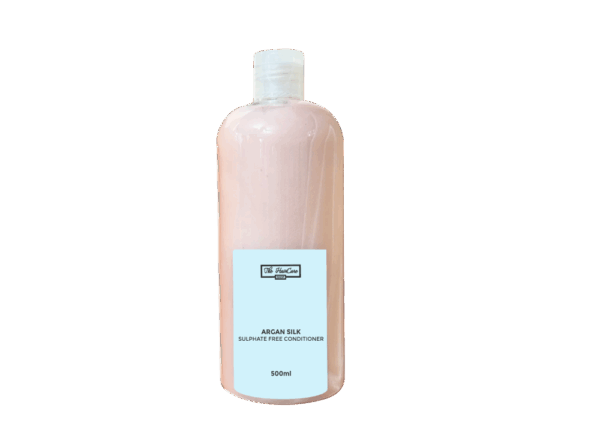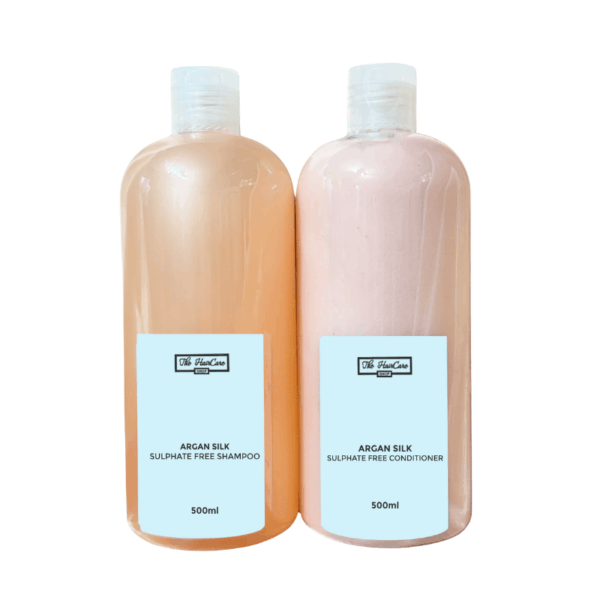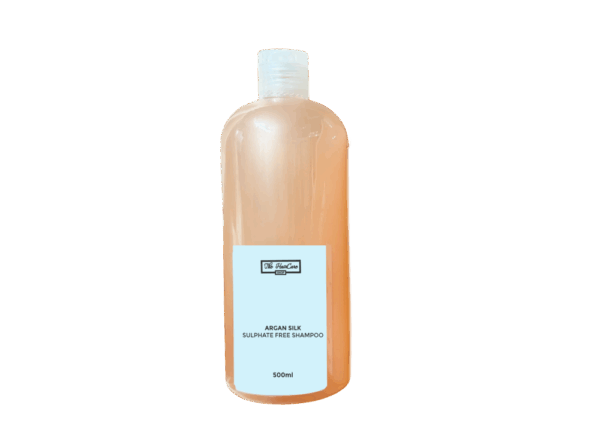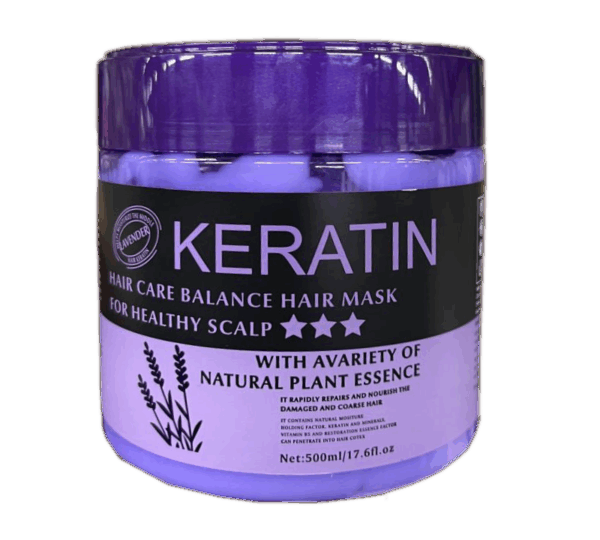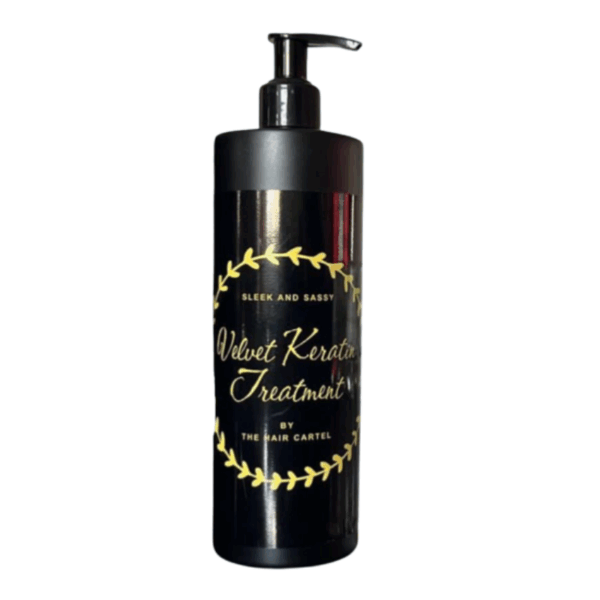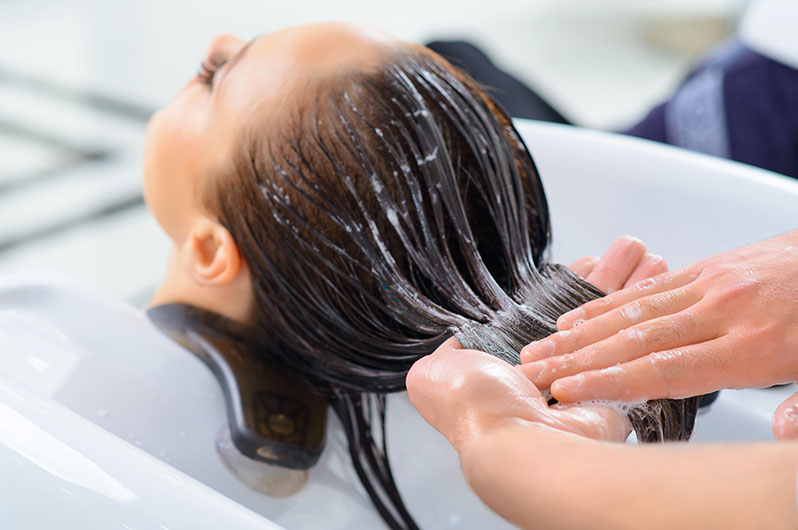About This Post
Introduction
Are you staring at your reflection in the mirror, feeling heartbroken as you notice your once-thick, beautiful Afro hair becoming thinner by the day? Does running your fingers through your hair leave you with a handful of strands, making you panic about your hair’s future? You’re not alone – thousands of South Africans with Afro-textured hair are experiencing the same devastating reality of thinning hair.
The emotional toll is unbearable. You’ve probably tried hiding your thinning spots with strategic styling, avoided certain hairstyles you once loved, or even canceled social events because you don’t feel confident about your appearance. The constant worry about your hair falling out, the embarrassment of visible scalp, and the fear that your hair will never return to its former glory can consume your thoughts and affect your self-esteem.
But here’s the empowering truth: there are proven, natural treatments to restore thinning Afro hair naturally and effectively. With the right approach, patience, and consistent care, you can revive your hair’s health and thickness. The key lies in understanding what’s causing your hair loss and implementing targeted treatments that work specifically for Afro-textured hair.

Understanding Thinning Afro Hair: The Root Causes
Before diving into treatments to restore thinning Afro hair naturally and effectively, it’s crucial to understand why Afro hair thins in the first place. Afro-textured hair has a unique structure that makes it more vulnerable to certain types of damage and hair loss.
The curved shape of Afro hair creates weak points along the hair shaft where breakage commonly occurs. Additionally, the natural oils from your scalp have difficulty traveling down the hair shaft due to its spiral structure, leading to dryness and brittleness.
Common causes of thinning Afro hair include excessive heat styling, tight hairstyles that pull on the hairline, chemical damage from relaxers or colors, hormonal changes, stress, poor nutrition, and certain medical conditions. Understanding your specific triggers helps you choose the most effective treatments.
Genetics also play a significant role in hair thinning. If your family members have experienced hair loss, you might be predisposed to similar issues. However, this doesn’t mean you’re powerless – natural treatments can still make a significant difference in your hair’s health and thickness.
The Science Behind Natural Hair Restoration
Natural treatments to restore thinning Afro hair work by addressing the underlying causes of hair loss while promoting healthy hair growth. These treatments focus on improving blood circulation to the scalp, providing essential nutrients to hair follicles, and creating an optimal environment for hair growth.
Your hair follicles need proper nutrition, adequate blood flow, and a healthy scalp environment to produce strong, thick hair. When any of these elements are compromised, hair growth slows down, and existing hair becomes weak and prone to breaking.
Natural treatments work gradually but effectively by nourishing your scalp and hair from within. Unlike harsh chemical treatments that can further damage already fragile hair, natural approaches strengthen your hair’s foundation while promoting new growth.
The key to success with natural treatments lies in consistency and patience. While you might not see dramatic results overnight, most people notice improvements in hair thickness and health within 3-6 months of consistent treatment.
Essential Oils: Nature’s Hair Growth Powerhouses
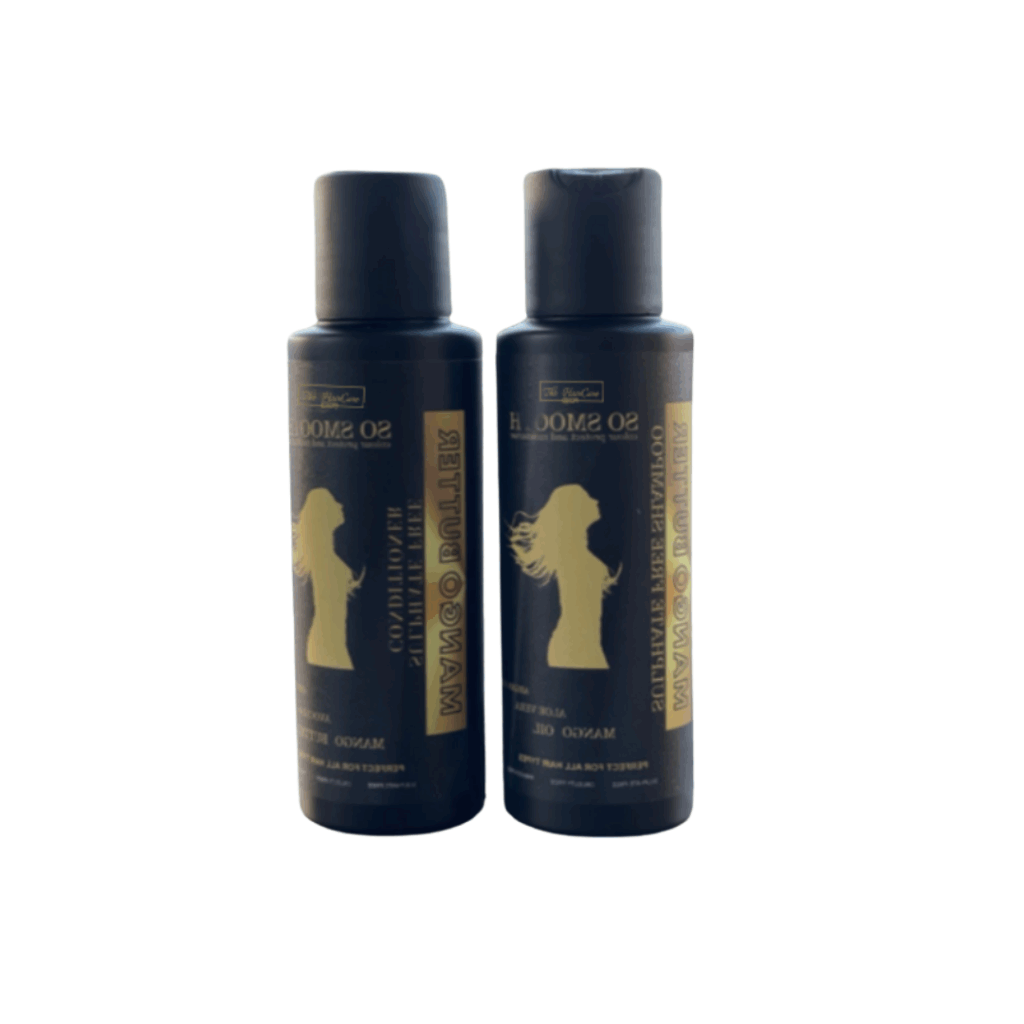
Essential oils are among the most effective treatments to restore thinning Afro hair naturally and effectively. These concentrated plant extracts contain powerful compounds that stimulate hair growth, improve scalp health, and strengthen existing hair.
Rosemary oil is particularly beneficial for hair growth, with studies showing it can be as effective as minoxidil for promoting hair regrowth. It improves blood circulation to the scalp and has anti-inflammatory properties that create a healthy environment for hair growth.
Peppermint oil provides a cooling sensation that indicates increased blood flow to the scalp. This improved circulation brings more nutrients and oxygen to hair follicles, supporting healthy hair growth. The menthol in peppermint oil also helps remove buildup from the scalp.
Castor oil, while technically a carrier oil, deserves special mention for its hair growth properties. Rich in ricinoleic acid, castor oil has anti-inflammatory and antimicrobial properties that promote scalp health while providing deep moisturization to dry, brittle hair.
To use essential oils safely, always dilute them with a carrier oil like coconut, jojoba, or olive oil. Apply the mixture to your scalp, massage gently, and leave for at least 30 minutes before washing out.
Scalp Massage: The Foundation of Hair Restoration
Regular scalp massage is one of the simplest yet most effective treatments to restore thinning Afro hair naturally and effectively. This technique costs nothing but time and can significantly improve your hair’s health and thickness.
Scalp massage works by increasing blood circulation to the hair follicles, ensuring they receive adequate nutrients and oxygen for healthy hair production. The mechanical stimulation also helps distribute natural oils throughout your scalp and hair.
Studies have shown that just 4 minutes of daily scalp massage can increase hair thickness over time. The key is consistency – make scalp massage a daily habit, preferably before bed when you can relax and focus on the technique.
Use your fingertips, not your nails, to gently massage your scalp in circular motions. Start at the front of your head and work your way back, spending extra time on areas where your hair is thinning. You can perform scalp massage on dry hair or with oils for added benefits.
Consider investing in a scalp massaging tool or brush designed specifically for this purpose. These tools can provide more consistent pressure and help you reach all areas of your scalp effectively.
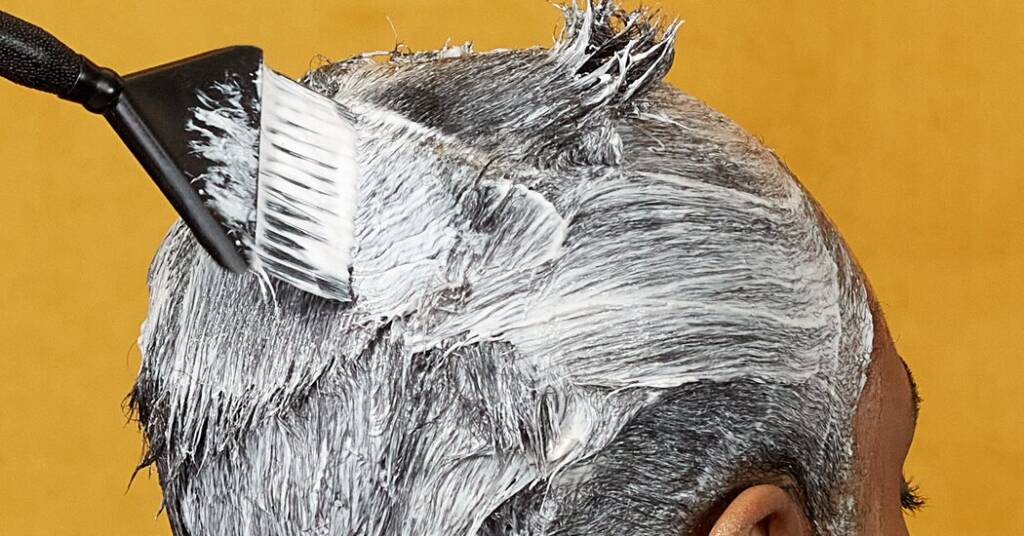
Nutritional Support: Feeding Your Hair from Within
What you eat directly impacts your hair’s health and growth. Nutritional deficiencies are common causes of thinning hair, making dietary improvements essential treatments to restore thinning Afro hair naturally and effectively.
Protein is crucial for hair health since hair is primarily made of keratin, a type of protein. Include lean meats, fish, eggs, legumes, and nuts in your diet to ensure adequate protein intake. For vegetarians and vegans, quinoa, hemp seeds, and spirulina are excellent protein sources.
Iron deficiency is particularly common in women and can cause significant hair loss. Dark leafy greens, red meat, lentils, and fortified cereals can help boost your iron levels. Vitamin C enhances iron absorption, so pair iron-rich foods with citrus fruits or bell peppers.
Biotin, often called the “hair vitamin,” supports keratin production and overall hair health. Eggs, nuts, seeds, and sweet potatoes are excellent sources of biotin. However, be cautious with biotin supplements, as they can interfere with certain lab tests.
Omega-3 fatty acids reduce inflammation and promote scalp health. Fatty fish like salmon and sardines, walnuts, and flaxseeds are rich in these beneficial fats. If you don’t eat fish, consider an algae-based omega-3 supplement.
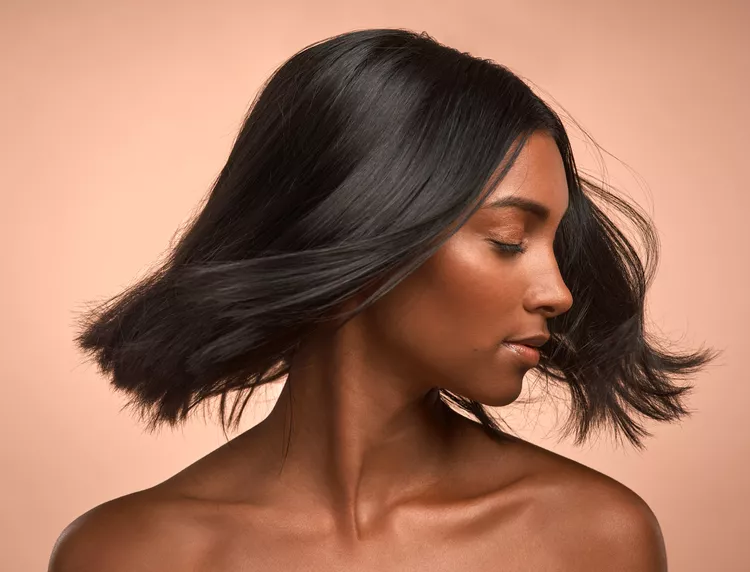
DIY Hair Masks and Treatments
Homemade hair masks using natural ingredients are cost-effective treatments to restore thinning Afro hair naturally and effectively. These treatments provide deep nourishment while addressing specific hair concerns.
An avocado and egg mask provides intense moisture and protein to strengthen weak hair. Mash one ripe avocado with one egg, apply to damp hair, and leave for 20-30 minutes before rinsing with cool water. This mask is particularly beneficial for dry, brittle hair.
Aloe vera gel contains vitamins, minerals, and amino acids that promote hair growth and scalp health. Apply pure aloe vera gel to your scalp, massage gently, and leave for 45 minutes before washing out. Aloe vera also has a cooling effect that soothes irritated scalps.
A rice water rinse provides amino acids, vitamins, and minerals that strengthen hair and promote growth. Soak rice in water for 30 minutes, strain the water, and use it as a final rinse after shampooing. Some people notice improved hair thickness after just a few uses.
Green tea contains antioxidants that may help reduce hair loss and promote growth. Brew strong green tea, let it cool, and use it as a scalp rinse. The caffeine in green tea can also stimulate hair follicles.
Protective Styling and Gentle Hair Care
Proper hair care practices are fundamental treatments to restore thinning Afro hair naturally and effectively. How you handle your hair daily can make the difference between continued thinning and successful restoration.
Avoid tight hairstyles that pull on your hairline and edges. Styles like tight ponytails, braids, and buns can cause traction alopecia, a type of hair loss caused by constant tension. Opt for loose, protective styles that don’t stress your hair follicles.
Sleep on a silk or satin pillowcase to reduce friction and prevent breakage. Cotton pillowcases can cause hair to tangle and break while you sleep. Alternatively, wrap your hair in a silk scarf or wear a satin bonnet to bed.
Limit heat styling and always use a heat protectant when you do use hot tools. High temperatures can damage the hair cuticle and weaken already fragile hair. Air-drying is gentler and helps preserve your hair’s natural moisture.
Be gentle when detangling wet hair, as it’s more vulnerable to breakage. Use a wide-tooth comb or your fingers to gently work through knots, starting from the ends and working your way up to the roots.
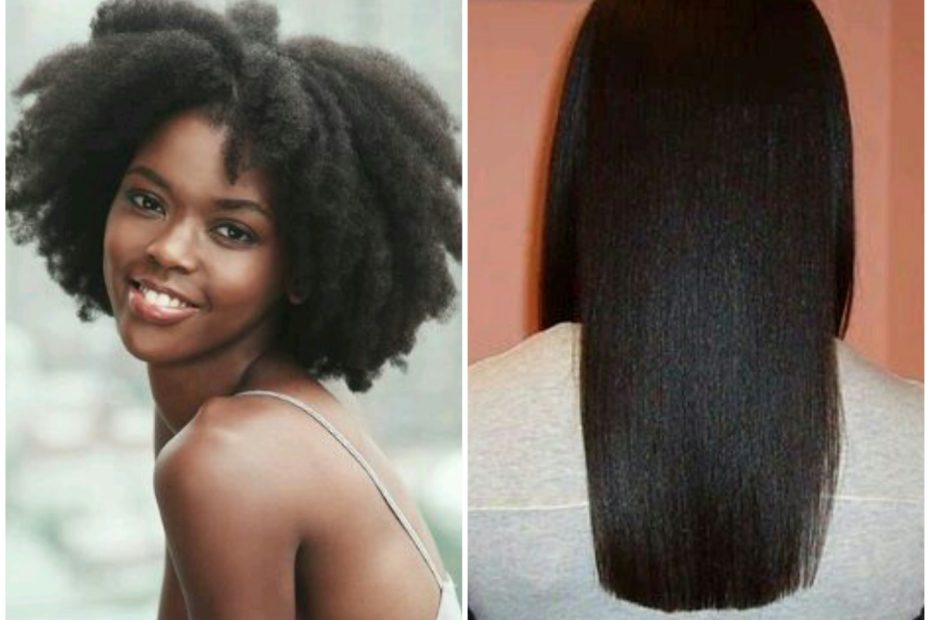
Addressing Underlying Health Issues
Sometimes, thinning hair is a symptom of underlying health conditions that need medical attention. Identifying and treating these issues is crucial for successful hair restoration.
Thyroid disorders, both hyperthyroidism and hypothyroidism, can cause significant hair loss. If you experience other symptoms like fatigue, weight changes, or mood swings along with hair thinning, consult your doctor for thyroid testing.
Hormonal imbalances, particularly elevated androgens, can cause hair loss in women. This is common during menopause, but can also occur due to PCOS or other hormonal conditions. Hormone testing can help identify these issues.
Chronic stress elevates cortisol levels, which can interfere with hair growth. Stress management techniques like meditation, yoga, or regular exercise can help reduce stress-related hair loss.
Certain medications can cause hair thinning as a side effect. If you suspect your medication is affecting your hair, discuss alternatives with your healthcare provider. Never stop taking prescribed medications without medical supervision.
Lifestyle Changes for Hair Health
Your daily habits significantly impact your hair’s health and growth. Making positive lifestyle changes supports other treatments to restore thinning Afro hair naturally and effectively.
Regular exercise improves blood circulation throughout your body, including your scalp. This increased blood flow delivers more nutrients and oxygen to your hair follicles, supporting healthy hair growth. Aim for at least 30 minutes of moderate exercise most days of the week.
Adequate sleep is crucial for hair health. During sleep, your body repairs and regenerates tissues, including hair follicles. Aim for 7-9 hours of quality sleep per night to support optimal hair growth.
Stay hydrated by drinking plenty of water throughout the day. Dehydration can make hair dry and brittle, leading to increased breakage. Aim for at least 8 glasses of water daily, more if you’re active or live in a hot climate.
Limit alcohol consumption and avoid smoking, as both can negatively impact hair health. Alcohol can interfere with nutrient absorption, while smoking reduces blood flow to the scalp.
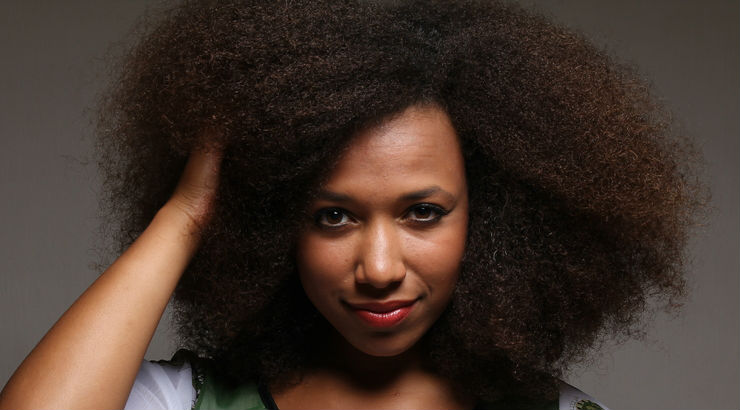
When to Seek Professional Help
While natural treatments are effective for many people, some situations require professional intervention. Knowing when to seek help ensures you get the most appropriate treatment for your specific condition.
If you’re experiencing sudden, severe hair loss or if your hair loss is accompanied by other symptoms like scalp pain, redness, or scaling, consult a dermatologist or trichologist immediately. These could be signs of underlying medical conditions that need prompt treatment.
If you’ve been consistently using natural treatments for 6-12 months without seeing improvement, it may be time to explore other options. A healthcare provider can help identify any underlying causes you might have missed.
Some people benefit from combining natural treatments with medical interventions. A healthcare provider can help you create a comprehensive treatment plan that addresses all aspects of your hair loss.
Frequently Asked Questions About Restoring Thinning Afro Hair
Understanding the most common concerns about treating thinning Afro hair helps you make informed decisions about your hair care journey. Here are detailed answers to questions frequently asked by people seeking treatments to restore thinning Afro hair naturally and effectively.
How long does it take to see results from natural hair restoration treatments?
Most people begin seeing improvements in hair thickness and health within 3-6 months of consistent natural treatment. However, significant regrowth can take 6-12 months since hair grows slowly at about half an inch per month. The key is patience and consistency – natural treatments work gradually but effectively when used regularly.
Can stress really cause hair loss, and will managing stress help regrow hair?
Yes, chronic stress can absolutely cause hair loss through a condition called telogen effluvium, where stress pushes hair follicles into a resting phase. Managing stress through techniques like meditation, exercise, or therapy can help stop stress-related hair loss and allow your hair to return to its normal growth cycle within a few months.
Are there specific vitamins that are most important for Afro hair growth?
Biotin, iron, vitamin D, and omega-3 fatty acids are particularly important for Afro hair health. Iron deficiency is common in women and can cause significant hair loss. Vitamin D supports hair follicle health, while omega-3s reduce inflammation. However, it’s best to get these nutrients from food sources rather than supplements when possible.
How often should I oil my scalp if my hair is thinning?

For thinning Afro hair, oil your scalp 2-3 times per week to avoid clogging pores while still providing moisture. Focus on lightweight oils like jojoba or grapeseed oil, which won’t weigh down fine hair. Always massage the oil in gently and consider washing it out after a few hours to prevent buildup.
Can tight hairstyles permanently damage my hairline?
Repeatedly wearing tight hairstyles can cause traction alopecia, which can become permanent if continued long-term. However, if you catch it early and switch to gentler styling methods, your hairline can often recover. Give your edges a break from tension and use growth-promoting treatments to encourage regrowth.
Is it normal to lose more hair when starting natural treatments?
Some people experience increased shedding when starting new treatments, especially when using essential oils or scalp massage. This is often temporary as your hair adjusts to the new routine. However, if excessive shedding continues beyond 2-4 weeks, discontinue the treatment and consult a professional.
Can I use multiple natural treatments at the same time?
Yes, you can combine natural treatments, but introduce them gradually to avoid overwhelming your scalp. Start with one or two treatments, use them consistently for a few weeks, then add others if desired. This approach helps you identify which treatments work best for your hair.
Will natural treatments work if my hair loss is genetic?
Natural treatments can still be beneficial for genetic hair loss by improving overall hair health and potentially slowing the progression of thinning. While they may not completely reverse genetic hair loss, they can make existing hair stronger and healthier, creating the appearance of fuller hair.
How do I know if my hair is thinning due to breakage or actual hair loss?
Hair loss from the root will show shorter hairs growing in affected areas, while breakage leaves jagged ends at various lengths. Examine your hair closely – if you see tiny new hairs growing, it’s likely breakage. If the scalp is clearly visible with no new growth, it may be actual hair loss requiring different treatment approaches.
Should I avoid washing my hair frequently if it’s thinning?
No, keeping your scalp clean is important for healthy hair growth. Wash your hair 1-2 times per week with a gentle, sulfate-free shampoo. A clean scalp allows treatments to penetrate better and prevents buildup that could clog hair follicles. Focus on massaging your scalp gently during washing to promote circulation.
Can hormonal changes cause temporary hair thinning?
Yes, hormonal fluctuations during pregnancy, postpartum, menopause, or due to conditions like PCOS can cause temporary hair thinning. In many cases, hair returns to normal once hormones stabilize. However, supporting your hair with proper nutrition and gentle care during these periods can minimize the impact.
Are there any natural ingredients I should avoid on thinning hair?
Avoid harsh ingredients like baking soda, apple cider vinegar in high concentrations, or strong essential oils without proper dilution. These can irritate already sensitive scalps and potentially worsen hair loss. Always patch test new ingredients and use gentle, moisturizing formulations for thinning hair.
Discovering effective treatments to restore thinning Afro hair naturally and effectively is a journey that requires patience, consistency, and the right approach. The natural methods outlined in this guide work by addressing the root causes of hair thinning while promoting a healthy scalp environment for optimal hair growth.

Final Thoughts
Remember that every person’s hair loss journey is unique, and what works for one person may need adjustment for another. The key to success lies in understanding your specific type of hair loss, implementing a comprehensive approach that includes proper nutrition, gentle hair care, and targeted treatments, and maintaining consistency in your routine.
Natural treatments to restore thinning Afro hair naturally and effectively take time to show results, but they offer the advantage of being gentle on your hair and scalp while providing long-lasting benefits. Unlike harsh chemical treatments that can cause further damage, natural approaches strengthen your hair’s foundation and promote sustainable growth.
Stay committed to your hair restoration journey, celebrate small improvements along the way, and don’t hesitate to seek professional guidance when needed. With the right combination of natural treatments, lifestyle changes, and patience, you can restore your hair’s health and thickness, regaining the confidence that comes with having beautiful, healthy hair.
For all your natural hair care needs and professional-grade products to support your hair restoration journey, visit Hair Care Shop for expert guidance and quality products specifically chosen for South African hair care needs.

